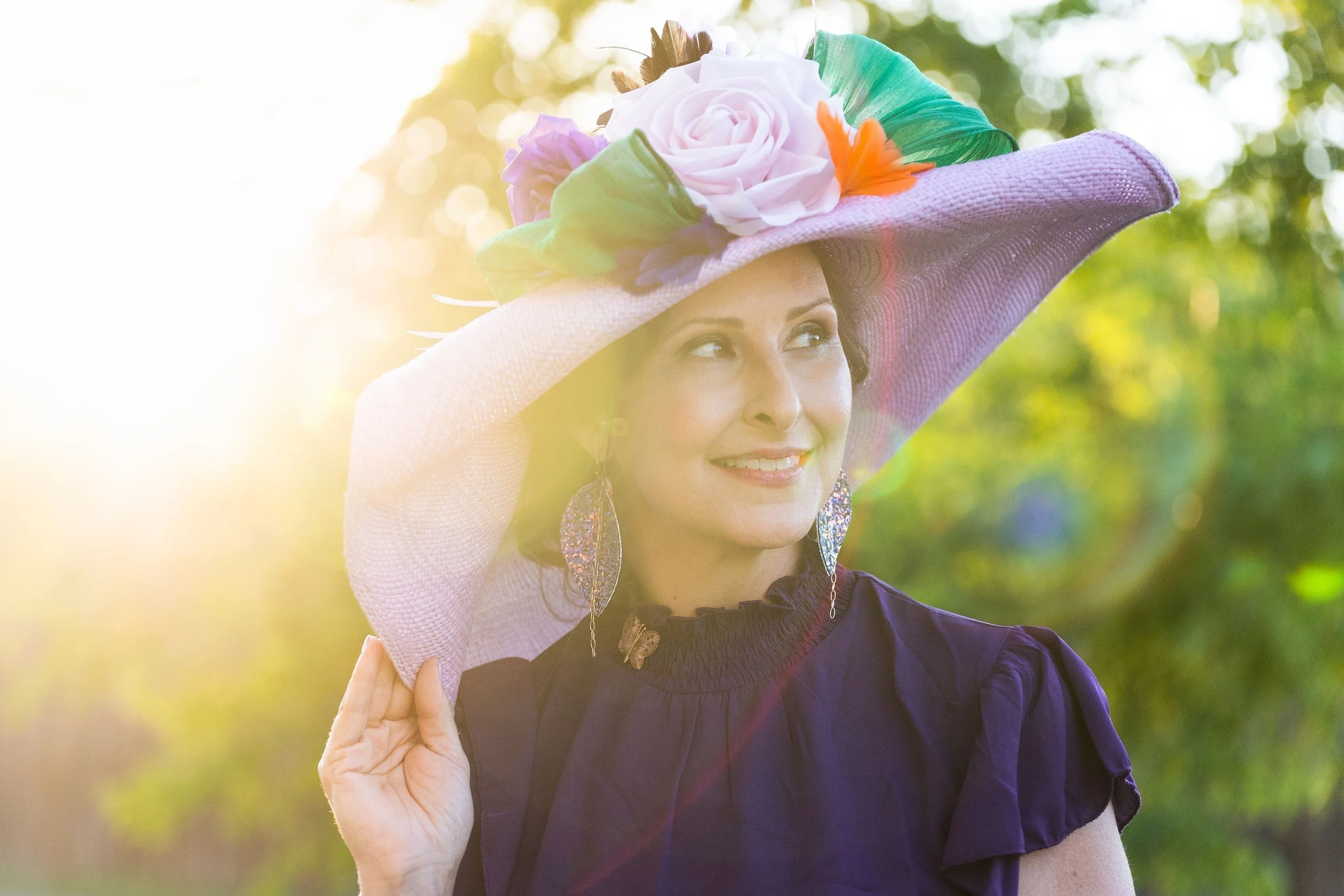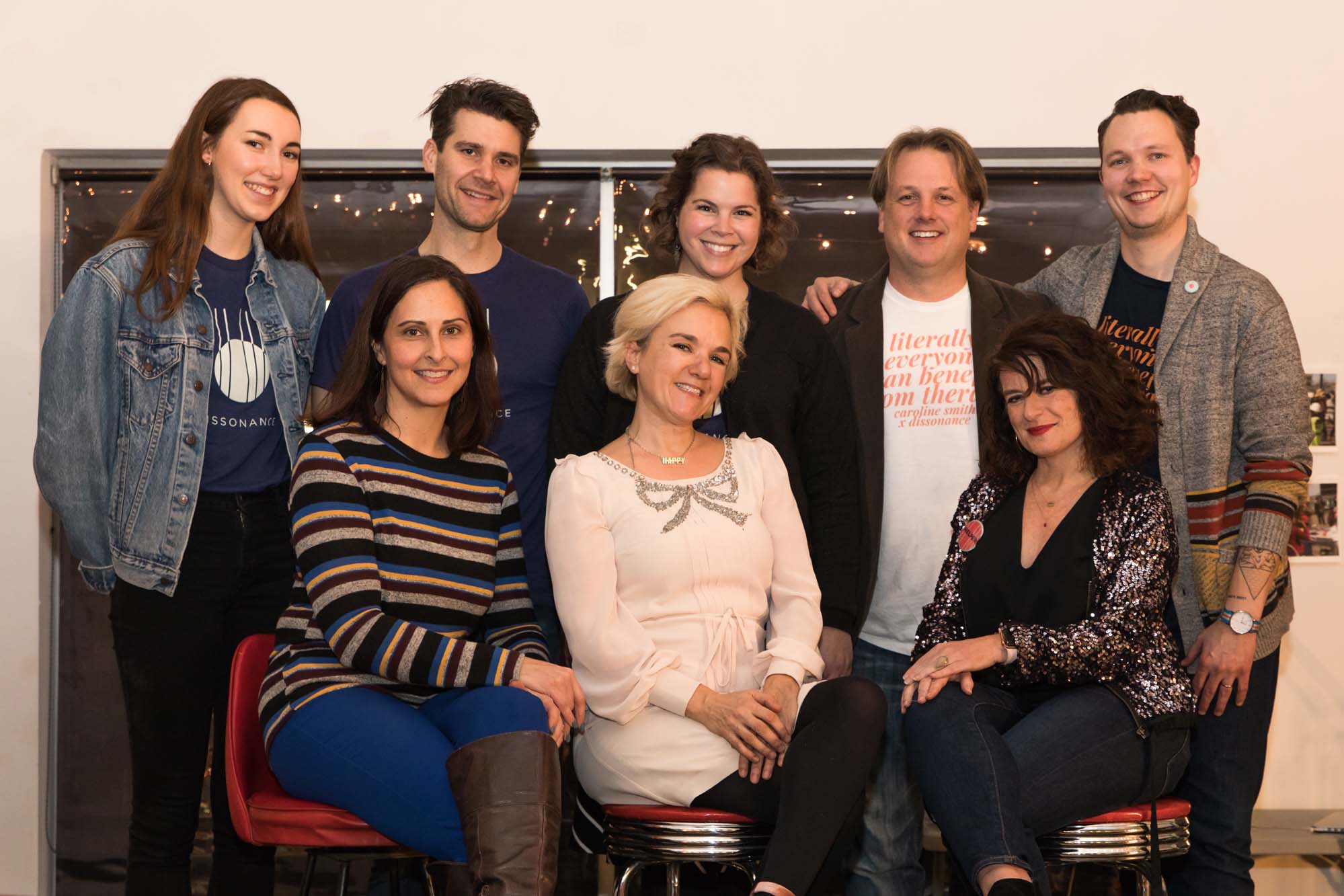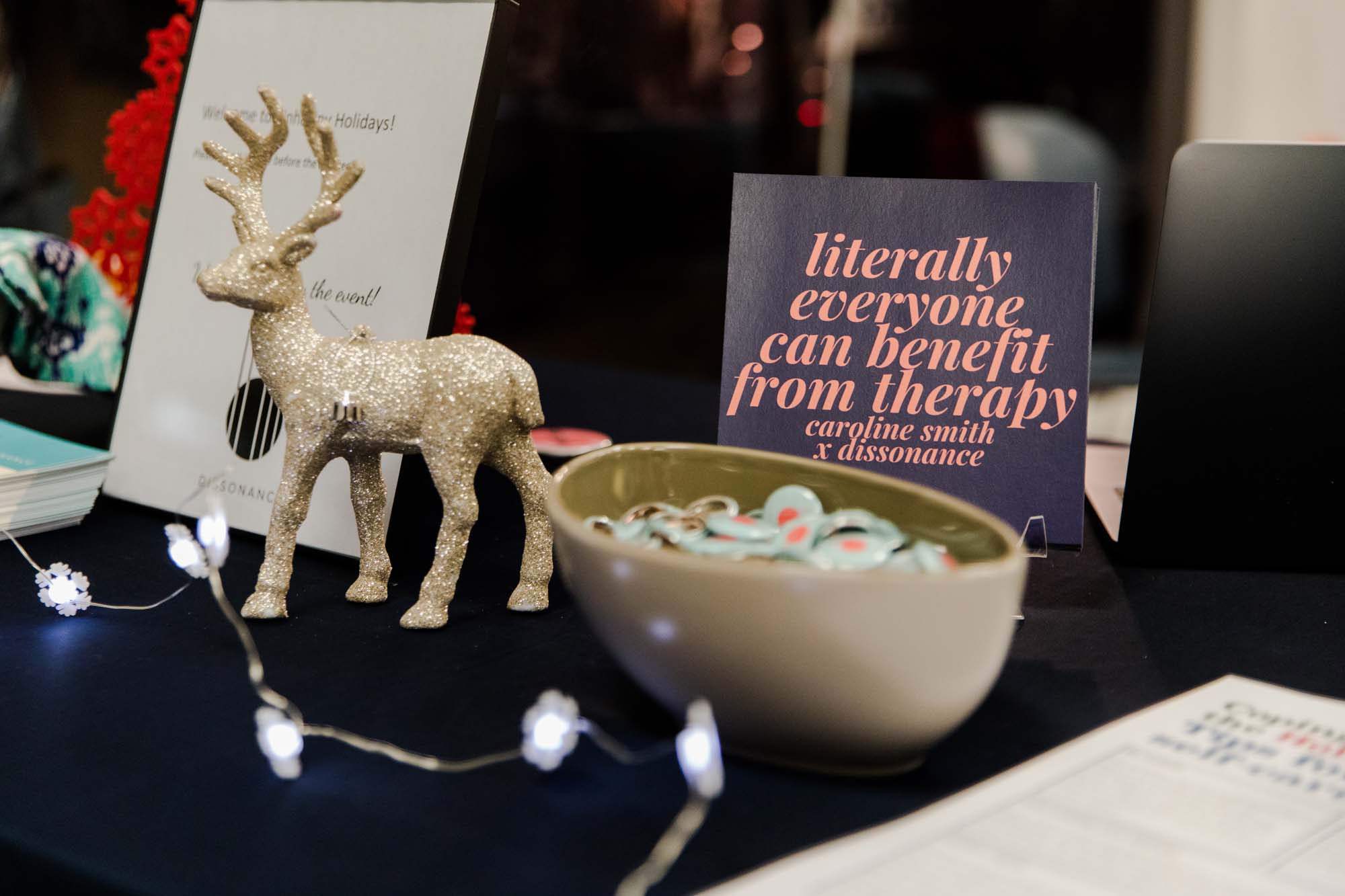By Karen Folman
Just a few months shy of graduating from college, I was sitting at Bread & Chocolate in St. Paul, reading my psychology homework. I noticed a stack of postcards there, promoting an open mic for T. Mychael Rambo, whose name was familiar from my younger years in the St. Paul Central Touring Theater. When I looked up, there was Jan Mandell, my high school acting teacher! I couldn’t believe my eyes! Though I didn’t know it at the time, I was exactly where I needed to be that day.
Jan quickly asked what I had been up to. Rather exasperated and a bit downtrodden, I said I was still trying to figure out what I wanted to do with the rest of my life (you know, when I grew up). Jan said, “Well, let me tell you what I am doing … .” She proceeded to explain that she had retired and was now the director of a nonprofit organization called the Irreducible Grace Foundation. IGF empowers youth of color with tools for healing, health and wellness and provides safe spaces and workshops to foster voice, trust and community. Jan invited me to one of IGF’s “Self-Care Sunday” workshops, which are open to all, and further explained that IGF teaches through activities which include music, writing, dance and theater exercises. As a longtime artist and performer, I was like, “What!? This is amazing!”
I showed up the very next Sunday, and what I witnessed was even more exciting and inspiring than what Jan had described. I walked into the room and was greeted with smiles, warmth and people who genuinely wanted to get to know me and were glad I was there. Little did I know that this community of people at Self-Care Sundays would teach me so much about belonging, healing and trust. I feel so grateful to be able to return there again and again, continuing to learn, practice and take away helpful tools and resources for living. We share our stories, writing and music; practice breathing exercises; move and dance; learn to understand and trust one another; and heal together from our various traumas, including the historical racial trauma. Finally, I felt like I belonged to a community. Every time I go back, it is a lot like coming home to family. Finding IGF was a turning point in my life, helping me change in countless positive ways. It was exactly where I needed to be.
Let’s rewind a bit. Before I decided to go back to school for my bachelor’s degree, I had started taking myself and my music more seriously, to the point where I felt I could actually introduce myself as a singer-songwriter (and believe it). I began by attending open mic nights and then joining in on showcases and hootenannies. At some point, others started asking me to open shows for them, and eventually I began getting my own gigs, building my own showcases and hosting my own open mic nights. I was feeling really good about this creative aspect of my life. Gigs were starting to come to me! I felt grateful and lucky to love what I was doing. Then, unexpectedly, I hurt my left wrist and could no longer play guitar. Where I once could play up to three-hour gigs myself, I now could only play 1-3 songs before my wrist was in serious pain. Faced with giving up my identity as a singer-songwriter, I decided to go back to college. By pouring all of my time and energy into my education, I hoped to move beyond entry-level jobs and find a career that would provide me with meaning and purpose.
I grew to like my identity as a student. So when graduation came, it was another struggle. Once again, I had been working hard toward something that really mattered to me—my education. And, all of a sudden, that chapter in my life was over. I had to ask myself, “Who am I now that I am not a songwriter and not a student?” I didn’t know and felt empty and lost, with more questions than answers.
While searching for a way to get more involved in nonprofit organizations (and hopefully a future career in social work or counseling), I was invited to a workshop for musicians through the Minnesota Music Coalition. There, I met Brian Zirngible, who is a licensed marriage and family therapist, a songwriter and musician, and also a board member with Dissonance. After sharing some self-care tips for songwriters and other artists, Brian facilitated an in-depth group discussion about the “winter blues” that affect so many of us in Minnesota. I talked with Brian after the workshop about my own desire to become a therapist. He said I already talked like one and encouraged me to get involved with Dissonance. So I filled out an interest form on the Dissonance website. In retrospect, I was right where I needed to be yet again.
After learning so much at IGF’s “Self-Care Sundays,” I started leading breathing exercises at the weekly open mic I hosted at the Underground Music Cafe (before it became Eggroll Queen Cafe) in Saint Paul. Doing so helped me realize I wanted to do more work in the community around mental health and wellness. I ended up reaching out to Brianna Lane at The Warming House, an intimate listening room in Minneapolis, to brainstorm ideas for some kind of small community support group. She has a heart for mental health and wellness, and was very encouraging.
A couple of weeks after we connected, Brianna reached back and asked if I had heard about Dissonance. Yes! I mentioned to Brianna that I wanted to volunteer or get involved in some way but did not know how or in what capacity. As chance would have it, she said two Dissonance board members, Katy Vernon and Jennifer Gilhoi, also wanted to start a small support group. So, she connected the three of us. I was so pumped! This was another important turning point for me. Once more, I was exactly where I needed to be, meeting the right people and getting further introduced to who I am and what am meant to do. I now help facilitate a small once-a-month group, along with Katy and Jen, building community by discussing and sharing tips and strategies for mental health and wellness. We call it Dissonance Story Well, and we meet at The Warming House the first Monday of every month! We’ve been attracting musicians and other artists to the group, but anyone and everyone is welcome. Check our Events page for upcoming dates, and come join us. Who knows — maybe you’ll find it’s exactly the place you needed to be, too.
Karen Folman is a Dissonance Board Member.









